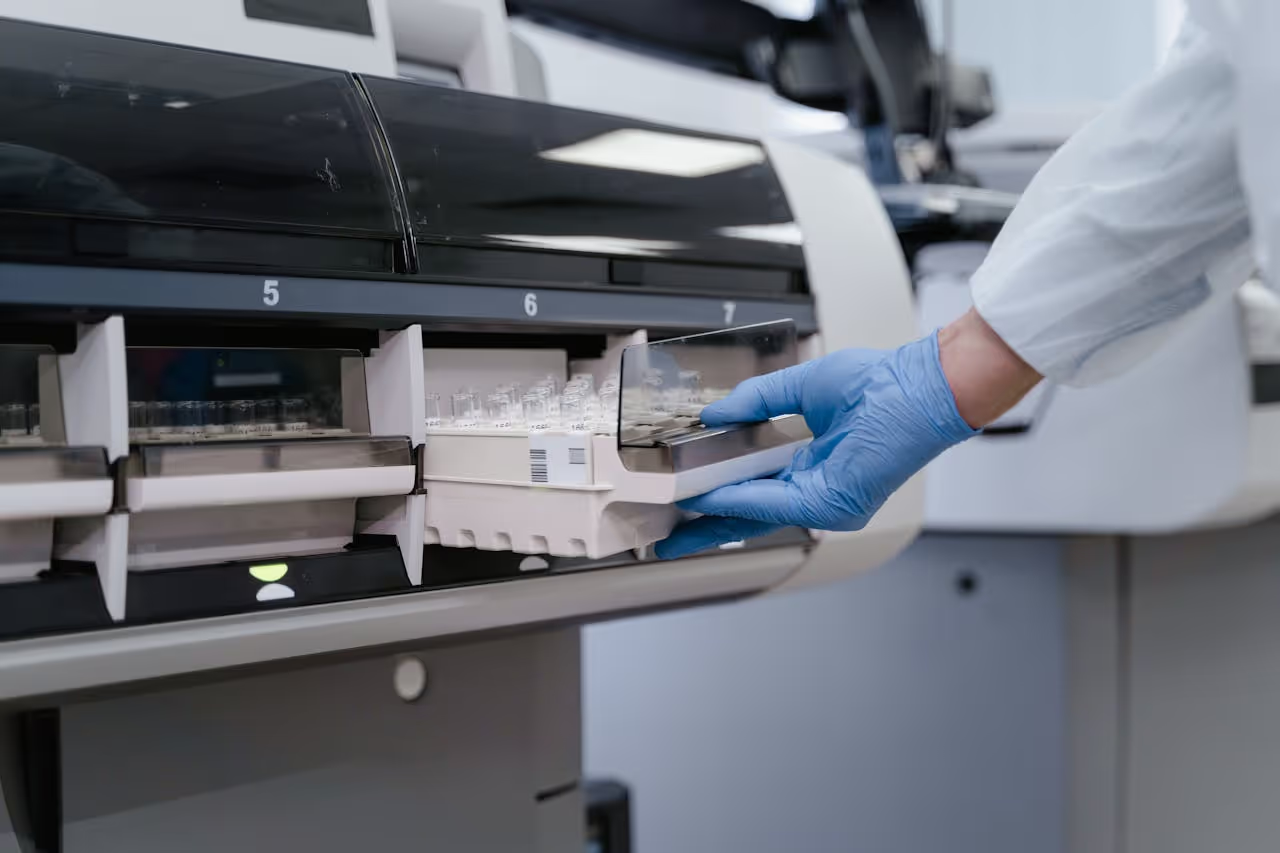Understanding the Role of a Dialysis Technician
When you or your loved one needs kidney dialysis, a compassionate and skilled dialysis technician (dialysis tech) becomes an essential member of the healthcare team. Dialysis techs play a vital role in making sure patients receive safe, effective, and comfortable dialysis treatments. If you want to know what dialysis techs do, their duties, and what it’s like to step into this rewarding healthcare career, you’re in the right place.
What Is a Dialysis Technician?
A dialysis technician is a trained healthcare professional who operates dialysis equipment and provides direct care to patients with kidney failure. Because kidneys clean the blood, people with advanced kidney disease rely on hemodialysis or peritoneal dialysis to do this life-sustaining work. Techs are present during each session to monitor, support, and protect the well-being of their patients.
Key Duties: What Do Dialysis Technicians Do Daily?
Dialysis techs wear many hats in their roles. Their daily responsibilities go far beyond just connecting machines. Here are the core tasks you’ll find in a typical day on the job:
- Preparing Dialysis Equipment: Setting up, testing, and calibrating machines to make sure they work correctly before and after each use.
- Patient Assessment: Checking vital signs such as blood pressure, pulse, and temperature before beginning dialysis.
- Patient Preparation: Explaining procedures, answering questions, and ensuring comfort and privacy for each patient.
- Connecting Patients: Safely inserting needles and connecting patients to the dialysis machine, following strict infection control procedures.
- Monitoring Treatments: Watching for signs of complications, adjusting the equipment as needed, and documenting observations throughout the session.
- Responding to Emergencies: Acting quickly if problems arise, such as blood flow issues or patient distress, and notifying nurses or doctors for help.
- Charting and Documentation: Keeping accurate records of treatments, measurements, and any issues during dialysis.
- Cleaning and Disinfecting: Making sure equipment and treatment areas are safe, clean, and ready for the next patient.
- Patient Support and Care: Offering reassurance, listening to concerns, and building trust throughout the treatment process.
Skills and Qualities Dialysis Techs Need
To thrive as a dialysis technician, you need more than technical training. The best dialysis techs blend science, empathy, and problem-solving every day. Top skills include:
- Strong attention to detail
- Ability to communicate clearly with patients and healthcare teams
- Stamina and the ability to stay focused
- Compassion and patience
- Quick-thinking during unexpected situations
- Commitment to cleanliness and hygiene protocols
Workplaces and Career Opportunities for Dialysis Technicians
Most dialysis technicians work in:
- Hospitals with dialysis units
- Outpatient dialysis centers (these are very common)
- Nursing homes or long-term care facilities
- Home dialysis support teams
Full-time, part-time, evening, and weekend shifts are often available to meet patient scheduling needs. Some dialysis techs advance to lead tech, supervisor, or training roles with experience.
Requirements: How to Become a Dialysis Technician
Most dialysis tech positions require a high school diploma or GED. You’ll typically enroll in a certified dialysis technician training program, which covers subjects such as:
- Basic human anatomy and kidney function
- Principles of dialysis and fluid balance
- Machine operation and safety checks
- Patient care and communication
- Infection control and sterile techniques
After completing the program, you may need to pass a national certification exam—requirements vary by state and employer. Ongoing education and re-certification are often part of the career.
Why Dialysis Techs Are Important in Patient Care
Dialysis techs help patients manage long-term kidney disease and improve quality of life. They:
- Reduce complications and discomfort during treatments
- Provide important emotional support as patients adjust to a new routine
- Work closely with nurses and doctors to track and report patient symptoms
- Promote a safe environment by following strict infection control
Their attention and dedication make the treatment process smoother for patients who often visit several times each week.
Frequently Asked Questions about Dialysis Techs and Their Duties
What certifications do dialysis technicians need?
Most states and employers expect dialysis technicians to have national certification. Common certifications include CHT (Certified Hemodialysis Technician), CCHT (Certified Clinical Hemodialysis Technician), or BONENT. Some states may also require additional training or licensure.
What are the top qualities of a successful dialysis technician?
The best dialysis techs are detail-oriented, reliable, and caring. Communication skills, patience, manual dexterity, and calmness under pressure are very important. Being able to educate and comfort patients is a key part of the job.
How long is a typical dialysis technician shift?
Shifts vary by facility but often last 8 to 12 hours. Since outpatient dialysis centers have early morning and evening appointments, technicians may work flexible or rotating hours.
Is being a dialysis tech stressful?
The role can be fast-paced and requires attention, teamwork, and compassion. Supporting patients with serious health needs can be emotionally challenging but is also highly rewarding for those who enjoy direct patient care.
Related Search Queries Dialysis Techs Answer
- What does a hemodialysis technician do daily?
- What skills are needed for a dialysis tech?
- Dialysis technician job description for resume
- Is dialysis technician a good career?
- What training do you need to become a dialysis tech?
- Dialysis technician responsibilities and challenges
Dialysis techs are the backbone of kidney care, making a real difference for patients each day through expertise, attention, and compassion.











.svg)



